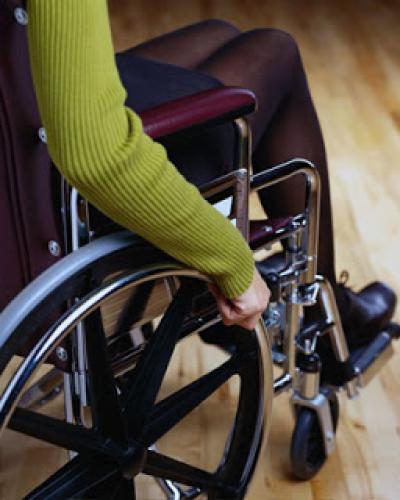Havana, February 18 (RHC) -– Initiatives deployed by the Government of Ecuadorean President Rafael Correa to support the inclusion in society of the vulnerable sector of citizens with physical or mental disabilities have received important support from Cuba.
Some 26,000 handicapped people have benefited from the support of Cuban specialists who, besides training their Ecuadorean counterparts, have applied their knowledge to help families with one or more members who suffer from mental or physical handicaps.
Cooperation in this field is quite extensive and began with a nationwide investigation from 2009 onwards to detect needs for special medical and material attention.
Ecuadorean officials note that Cuban assistance has helped reduce the negative impact of physical and mental disabilities in that South American nation, where almost 300,000 cases were detected and placed under specialized medical attention.
For the first time in the history of Ecuador, hundreds of physicians, geneticists, psychologists, and other specialists, accompanied by guides wherever needed, combed the whole country, even the most remote areas, to detect and put under medical treatment a sector of the population that had been neglected for decades.
Now the handicapped in Ecuador, even in the remotest areas, have received such aids as wheel chairs, mattresses and other medical instruments, as well as new homes wherever needed.
Furthermore, the Ecuadorean Government introduced a programme, named after benefactor Joaquìn Gallegos, that provides economic assistance to those disabled people living in poverty.
Through the years, Cuban-Ecuadorean cooperation in this field has been expanding through the signing of several agreements. These include an Agreement on Technical Transfer that includes a System for the Hearing impaired.
Ecuadorean specialists estimate that close to ten percent of under-fives suffer from deficiencies in hearing and speech, while in the five to ten year age range it is five percent.
The policies implemented by the Government of President Rafael Correa in Ecuador have allowed the disabled to surface and begin to receive medical treatment while being considered with respect and with due consideration to their civil and human rights.


